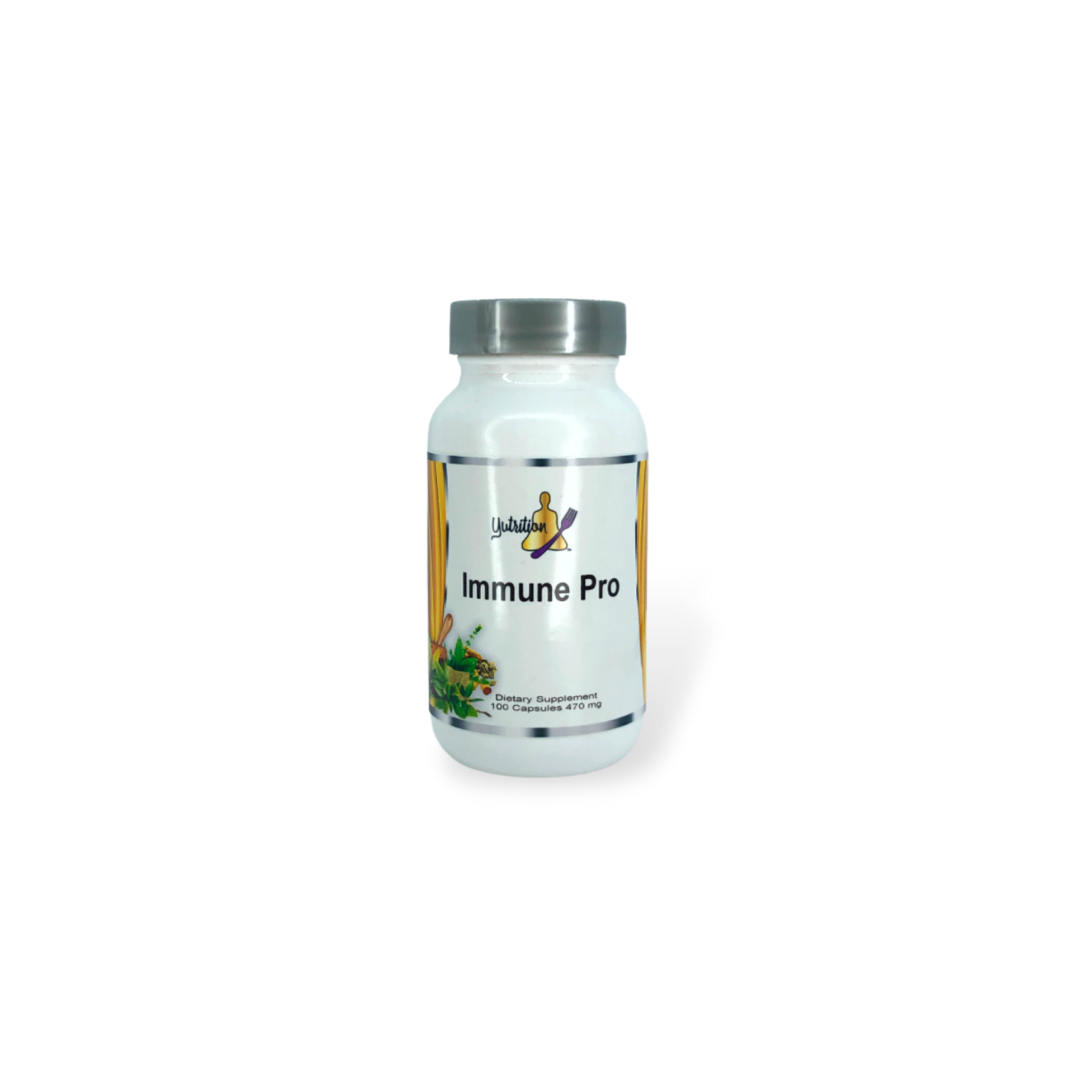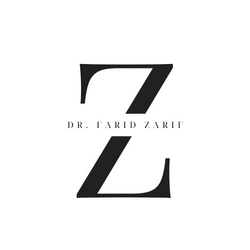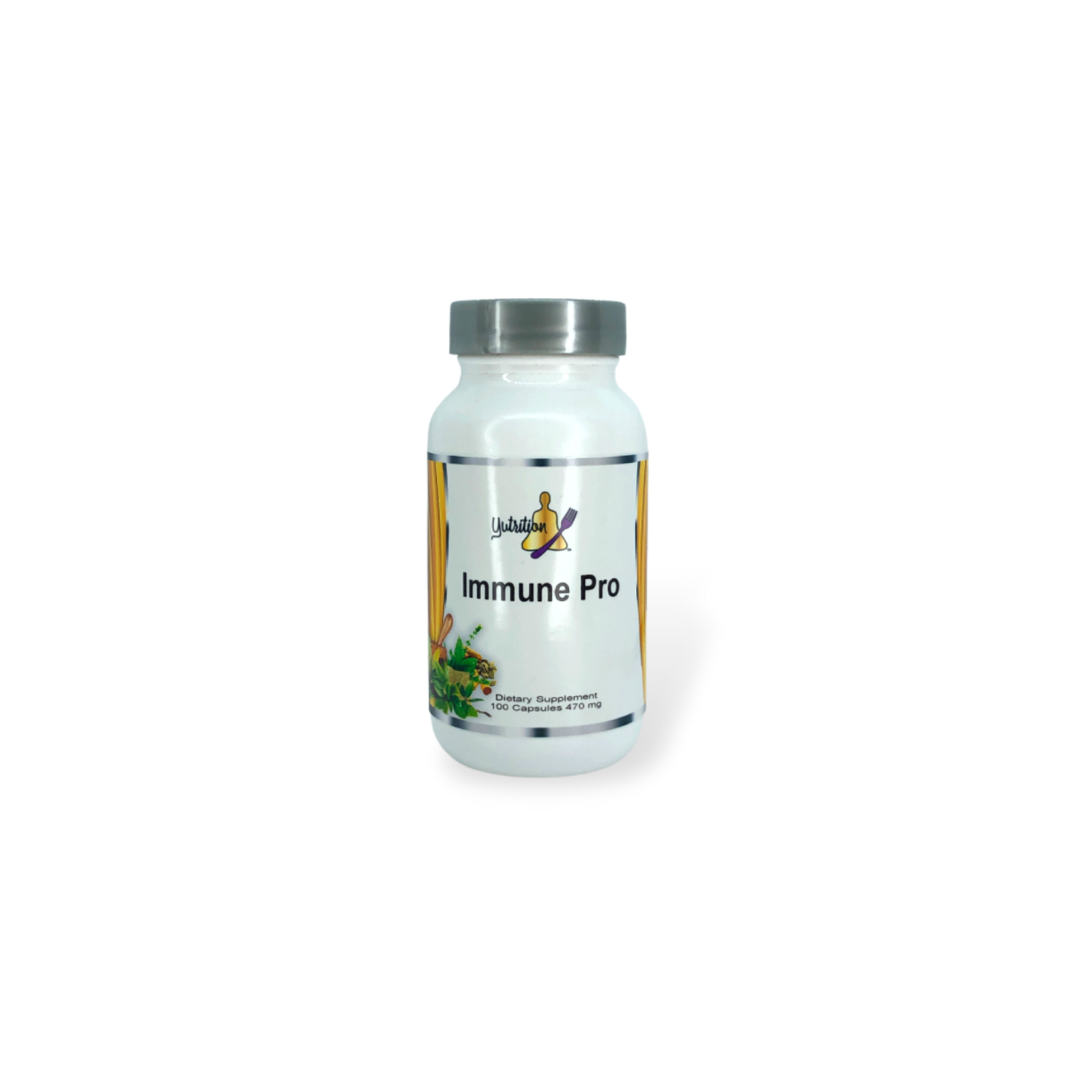Executive Life Diet Store
Immune Pro
Couldn't load pickup availability
The immune system is a network of biological processes that protects an organism from diseases. It detects and responds to a wide variety of pathogens, from viruses to parasitic worms, as well as cancer cells and objects such as wood splinters, distinguishing them from the organism's own healthy tissue. Many species have two major subsystems of the immune system. The innate immune system provides a preconfigured response to broad groups of situations and stimuli. The adaptive immune system provides a tailored response to each stimulus by learning to recognize molecules it has previously encountered. Both use molecules and cells to perform their functions.
Nearly all organisms have some kind of immune system. Bacteria have a rudimentary immune system in the form of enzymes that protect against virus infections. Other basic immune mechanisms evolved in ancient plants and animals and remain in their modern descendants. These mechanisms include phagocytosis, antimicrobial peptides called defensins, and the complement system. Jawed vertebrates, including humans, have even more sophisticated defense mechanisms, including the ability to adapt to recognize pathogens more efficiently. Adaptive (or acquired) immunity creates an immunological memory leading to an enhanced response to subsequent encounters with that same pathogen. This process of acquired immunity is the basis of vaccination.
Dysfunction of the immune system can cause autoimmune diseases, inflammatory diseases and cancer. Immunodeficiency occurs when the immune system is less active than normal, resulting in recurring and life-threatening infections. In humans, immunodeficiency can be the result of a genetic disease such as severe combined immunodeficiency, acquired conditions such as HIV/AIDS, or the use of immunosuppressive medication. Autoimmunity results from a hyperactive immune system attacking normal tissues as if they were foreign organisms. Common autoimmune diseases include Hashimoto's thyroiditis, rheumatoid arthritis, diabetes mellitus type 1, and systemic lupus erythematosus. Immunology covers the study of all aspects of the immune system.
Herbs that have a deep traditional history of boosting the immune system.
Echinacea
- Many of Echinacea’s chemical constituents are, in fact, powerful immune system stimulators and can provide a significant therapeutic value namely essential oils, flavonoids, inulin, polysaccharides and vitamin C.
- In Germany, dietary herbs are regulated by the government, and the above ground parts of the Echinacea purpurea species are actually approved as natural remedies for urinary tract infections, upper respiratory tract infections, colds and slow-healing wounds.
- USDA -NRCS (The United States Department of Agriculture Natural Resources Conservation Service) issued a report edited in December, 2000 (Report Link). The reports states that the immune system seems to be strongly influenced by ... echinacea. "Recent pharmacological studies indicate that a 10-mg/kg daily dose of the polysaccharide [from echinacea] over a ten-day period is effective as an immuno-stimulant.
- According to WebMD.com Extracts of echinacea do seem to have an effect on the immune system, your body's defense against germs. Research shows it increases the number of white blood cells, which fight infections. A review of more than a dozen studies, published in 2014, found the herbal remedy had a very slight benefit in preventing colds.
Astragalus Root:
- Astragalus is considered to be an "Adaptogen" herb. Adaptogens are herbs that help “protect the body against physical, mental, and emotional stress" according to herbalists.
- Astragalus is used in Traditional Chinese Medicine. It is referred to as Huang-qi. Only the roots are harvested for medicinal purposes.
- Today we know how and why it was so valued by the Chinese as a plant that positively affects human health. Astragalus contains three components major active constituents - saponins, flavonoids and polysaccharides.
- Saponins are known for their ability to lower cholesterol and improve the immune system.
- Flavonoids have antioxidative qualities which control and scavenge off free radicals. They are also to help prevent heart disease, and immunodeficiency viruses.
- Polysaccharides are known to have antimicrobial, antiviral and anti-inflammatory capabilities, among other health benefits.
Goldenseal
- Goldenseal (Hydrastis canadensis), also known as orange root, yellow root or yellow puccoon, is a perennial herb belonging to the buttercup family.
- Native Americans historically used goldenseal for health issues like skin diseases, ulcers, stomach issues and gonorrhea.
- Today goldenseal is being studied for its effectiveness with health issues including; the natural treatment and prevention of colds, respiratory tract infections, allergies, eye infections, digestive issues, canker sores, vaginitis and urinary tract infections.
- One of the major active constituents in Goldenseal is berberine. Berberine has been been proven to be antimicrobial, anti-inflammatory and blood glucose–lowering. It's no wonder that Goldenseal is so popular among naturalists and western medicine studies.
Reishi Mushroom
- The reishi mushroom, also known as LingZhi in Traditional Chinese Medicine is an edible mushroom that has been used for its healing abilities for thousands of years.
- Traditional Chinese Medicine documents Reishi mushrooms as anti-inflammatories and they are tied to longevity, better immune function and mental clarity.
- These mushrooms are catagorized as adaptogens.
- There are multiple studies that have been or are being conducted in Japan, China, the U.S. and the U.K. These studies indicate that reishi mushrooms are capable of offering protection against numerous diseases or illnesses, including; inflammation, fatigue (including chronic fatigue syndrome), frequent infections (urinary tract, bronchitis, respiratory infections, etc.), liver disease, digestive problems, stomach ulcers and leaky gut syndrome, skin disorders, autoimmune disorders, viruses, and many others
The studies sited above are for informational purposes only. They do not reflect or relate to the performance or purpose of any products that contain similar materials.
The difference between a vegan and a plant-based diet
The difference between a vegan and a plant-based diet
The difference between a vegan and a plant-based diet
Is a plant-based diet the same thing as a vegan diet? Both meal plans have made headlines for their health benefits in recent years and while they are similar, there are some key differences: Vegan diets eliminate all animal products, while plant-based diets do not necessarily eliminate animal products, but focus on eating mostly plants, such as fruits, vegetables, nuts, seeds and whole grains.
What is a vegan diet?
“With a vegan diet, you eliminate all animal products, including dairy, meat, poultry, fish, eggs and honey,” says, Dr. Farid Zarif a bariatric medicine nutritionist, founder of Rhythmic Ingestion, author of "Slaves of the Tongue".
Some people choose to follow a vegan diet for ethical, environmental or health reasons. While going vegan can have health benefits, there are some pitfalls to avoid.
“Just because something is vegan doesn’t mean it’s healthy,” he says. “If you’re vegan, you can still technically eat vegan cookies, potato chips and other vegan junk food, which can be high in calories and low in nutrients. I recommend sticking to whole foods as much as possible.”
What is a plant-based diet?
Plant-based diets also emphasize eating whole foods, meaning the food has undergone little – if any – processing and is as close to its natural state as possible.
Plant-based foods include:
Whole grains (quinoa, farro, barley, oatmeal)
Plant-based oils (avocado, olive, canola)
What is the right meal plan for you?
“Regardless of what meal plan you choose, everyone’s diet should ideally consist of 50 percent vegetables,” says Dr. Zarif. “Fruit is healthy too, but I like to focus on vegetables because they have less sugar.”
When building your plate, aim for:
50 percent vegetables
25 percent whole grains
25 percent lean protein
“If you are not eating meat or other animal proteins like eggs, try beans or quinoa for plant-based protein,” he says.
Adding healthy fats – such as avocado oil when roasting veggies, a sprinkle of slivered almonds on your oatmeal or sliced avocado on your salad – will help you feel full for longer. And healthy fats have numerous other health benefits.
When to talk to your doctor about your diet
“It’s a good idea to see your primary care doctor to get a basic framework for what a healthy diet should look like for you, particularly if you have an underlying health condition or have had weight loss surgery, which can affect how your body processes nutrients,” says Dr. Zarif. “For example, if you have diabetes and want to eat healthily, be sure to eat small portions, not to exceed 2 servings”.
Also, if you are vegan, vegetarian or don’t eat many animal products, she recommends asking your doctor to check your B vitamin levels.
“B12 deficiency is common in vegans because it’s a nutrient that we need to know more about, along with its varying sources,” he explains. “If you don’t consume many animal products, talk to your doctor about taking a supplement.”
Calcium is another important nutrient that can be hard to get when you don’t eat dairy products. Dr. Zarif recommends eating and drinking calcium-fortified plant-based milk (like almond milk) or other calcium-fortified foods.
“If you’re not getting three servings of calcium-rich foods each day, ask your doctor about adding a supplement,” he says. “Try to get at least some calcium from your diet because taking too many calcium supplements can cause adverse side effects.”
Is a vegan or plant-based diet healthy?
If you eat plenty of vegetables, fruits, healthy fats and whole grains, you should still get a good chunk of your daily vitamins and minerals because plant-based foods are high in many nutrients.
“If you’re going to follow a vegan or plant-based diet, think through it carefully and plan out your meals,” says Dr. Zarif. “You don’t necessarily have to go vegan to be healthy – plant-based is a good option for people who struggle with consistency and planning. If you are going to commit to a vegan diet, make a plan and be consistent about incorporating all the healthy food groups, including plant-based protein, so you don’t miss out on nutrients.”
What this book may do for you
What this book may do for you
Help you to change the narrative of outdate and ineffective lifestyles.
Shipping
Shipping
Share

Subscribe to our emails
Be the first to know about new collections and exclusive offers.

